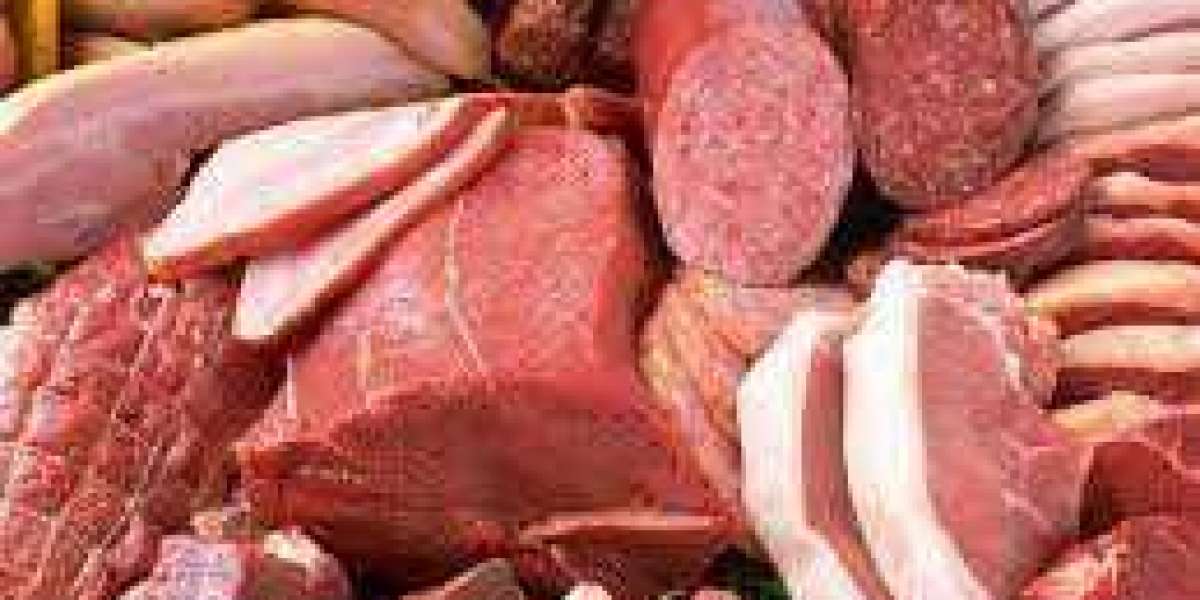Introduction: The rise of veganism and the increasing demand for plant-based alternatives to animal products have fueled innovation in the food industry. One exciting development is the advent of whole-cut vegan meat, a game-changing product that closely mimics the taste, texture, and appearance of traditional animal-based meat. This groundbreaking innovation is not only attracting vegans and vegetarians but also captivating meat enthusiasts who are looking for sustainable and ethical alternatives. In this article, we will explore the concept of whole-cut vegan meat and delve into its potential impact on the future of food.
What is Whole-Cut Vegan Meat? Whole-cut vegan meat is a plant-based product that replicates the texture, appearance, and taste of whole cuts of animal meat. Unlike processed plant-based alternatives like burgers or sausages, whole-cut vegan meat aims to mimic the experience of consuming an entire piece of meat, such as a steak, chicken breast, or pork chop. The goal is to provide a familiar sensory experience for those seeking to reduce their consumption of animal products without sacrificing the enjoyment of a traditional meat-centric meal.
Ingredients and Production Process: Whole-cut vegan meat is typically made from a combination of plant-based proteins, such as soy, wheat, peas, or mushrooms, along with various natural additives and flavorings. The specific ingredients can vary depending on the brand and desired taste profile. However, the key aspect of whole-cut vegan meat lies in its production process.
To create the meat-like texture, the plant-based proteins are subjected to various techniques, including extrusion, high-pressure processing, and texturization. These processes help align the protein molecules, resulting in a fibrous structure that closely resembles the muscle fibers found in animal meat. Additionally, natural flavorings and seasonings are used to recreate the distinctive taste associated with different types of animal-based meats.
Benefits of Whole-Cut Vegan Meat:
Health: Whole-cut vegan meat offers a healthier alternative to animal-based meat. It typically has lower saturated fat and cholesterol content while being rich in fiber and plant-based nutrients. This can contribute to improved heart health and a reduced risk of certain diseases.
Sustainability: The production of whole-cut vegan meat has a significantly lower environmental impact compared to traditional animal agriculture. It requires fewer resources, such as land, water, and energy, and produces fewer greenhouse gas emissions. Choosing plant-based options like whole-cut vegan meat can help mitigate climate change and conserve natural resources.
Ethical Considerations: By opting for whole-cut vegan meat, individuals can align their dietary choices with their values regarding animal welfare. This alternative eliminates the need for raising and slaughtering animals for food, promoting compassion and reducing harm to sentient beings.
Culinary Versatility: Whole-cut vegan meat opens up new possibilities for chefs and home cooks to explore in the kitchen. Its ability to mimic the taste and texture of animal-based meats allows for the creation of a wide range of dishes and culinary experiences, satisfying the cravings of even the most dedicated carnivores.
Challenges and Future Outlook: While whole-cut vegan meat shows tremendous promise, there are still challenges to address. Cost, accessibility, and consumer acceptance are among the key hurdles that need to be overcome for this innovative product to reach mainstream popularity. However, with growing awareness of the environmental and ethical impacts of animal agriculture, coupled with advancements in food technology, it is likely that whole-cut vegan meat will continue to gain traction.
Conclusion: Whole-cut vegan meat represents a groundbreaking advancement in the plant-based food industry. Its ability to replicate the texture, appearance, and taste of animal-based meat provides a viable and sustainable option for those seeking to reduce their consumption of animal products. With its numerous benefits and culinary versatility, whole-cut vegan meat has the potential to revolutionize


